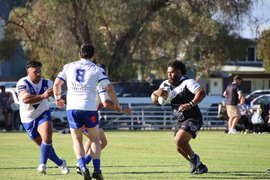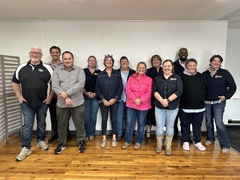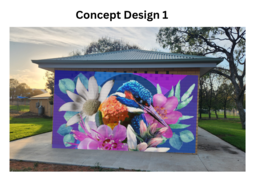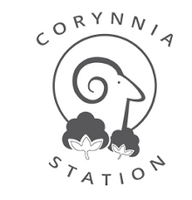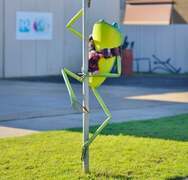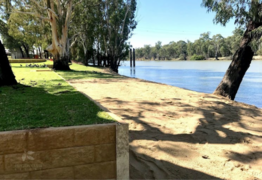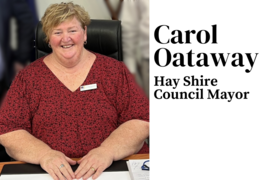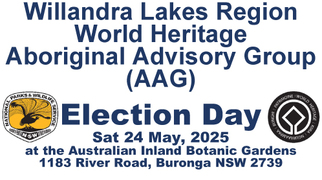Parliament Passes Bill Expanding Abortion Access
Kimberly Grabham
18 May 2025, 11:00 PM

In a significant move for reproductive healthcare access across New South Wales, parliament has passed legislation allowing nurse practitioners and midwives to prescribe abortion-inducing medication, potentially transforming access for thousands of rural and regional residents who have long faced barriers to reproductive services.
The bill, initially introduced by Albury-based GP and Greens MP Dr Amanda Cohn, passed with a 65-20 vote in the Lower House after clearing the Upper House last week, albeit in a modified form from its original version.
"The Greens are incredibly proud to have put abortion access on the political agenda and driven this needed change for women's rights and reproductive rights in NSW," Dr Cohn said following the vote.
Breaking Down the "Postcode Lottery"
Six years after abortion was decriminalised in NSW, access to termination services remains what Dr Cohn describes as a "postcode lottery," with dramatic disparities between metropolitan and rural areas.
In parts of the Riverina region, women seeking abortion services have reportedly needed to travel up to four hours and even cross state borders into the ACT and Victoria to access care.
The new legislation aims to address this disparity by expanding the pool of qualified healthcare professionals who can prescribe medication for early medical abortions (EMAs).
Currently, only medical practitioners such as GPs can perform or prescribe abortion procedures in NSW.
The Rural Healthcare Reality
For many in regional communities, accessing a bulk-billing GP appointment within the critical timeframe required for early medical abortion has proven challenging. This difficulty is compounded by the reluctance of some practitioners to advertise their services due to lingering stigma, despite decriminalisation.
Independent Barwon MP Roy Butler, who supported the bill, noted: "The changes proposed in this bill are not radical changes to abortion law; they merely bring NSW in line with other states to allow nurse practitioners and qualified midwives to legally prescribe a medication to terminate a pregnancy."
He added that "allowing midwives and nurse practitioners to prescribe the medication will make a safer method of termination more accessible to people in regional, rural and remote areas."
The Cost of Limited Access
The financial and emotional costs of limited abortion access have been significant for rural residents. The Shoalhaven Women's Centre has reported additional trauma experienced by those seeking abortions due to costs including transport, accommodation, and the need to take time off work.
Labor MP Jenny Aitchison highlighted the medical risks associated with delayed care: "The delay in accessing abortion can lead to later term abortions, which can put women's lives at risk."
Data from 2019/2020 revealed that only 0.7 percent of both medical and surgical terminations were conducted in NSW public hospitals, with dedicated abortion services available in just two NSW hospitals - John Hunter Hospital and Wagga Wagga Base Hospital.
Not Without Opposition
The bill faced significant opposition, including from Wagga MP Joe McGirr, who expressed concerns about adding burden to an "already stretched health care system."
"The legislation before the house still imposes a burden on the overworked state system by attempting to have nurse practitioners and endorsed midwives, who are in short supply, perform a function that is already being delivered," Dr McGirr argued.
Liberal MP Monica Tudehope, who also voted against the bill, stated: "There is little evidence presented to make the case that there are issues with access, even in regional NSW."
A Step Forward, Not the Final Solution
Dr Cohn acknowledged that while the legislation marks progress, comprehensive reform is still needed: "Equitable access to reproductive health care in rural NSW won't be fixed by this bill alone.
"The government must fund abortion services in public hospitals, as the Premier promised last year."
The bill received support from both sides of politics, with the Premier, Opposition Leader, Health Minister and Shadow Health Minister all backing the legislation.
For regional and rural residents who have struggled with limited reproductive healthcare options, the new legislation represents a significant step toward addressing what many advocates have described as a fundamental healthcare inequity in NSW.
NEWS
SPORT
RURAL
COMMUNITY
VISIT HAY
VISIT BALRANALD
VISIT OUTBACK NSW
MEETINGS
EVENTS
LOCAL WEATHER
FOR SALE
COMMERCIAL PROPERTY



